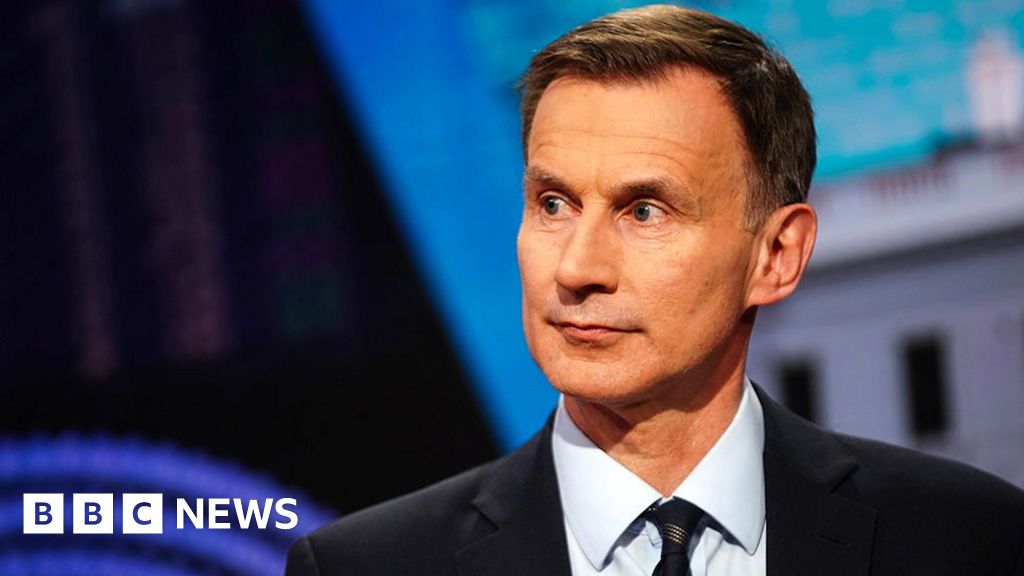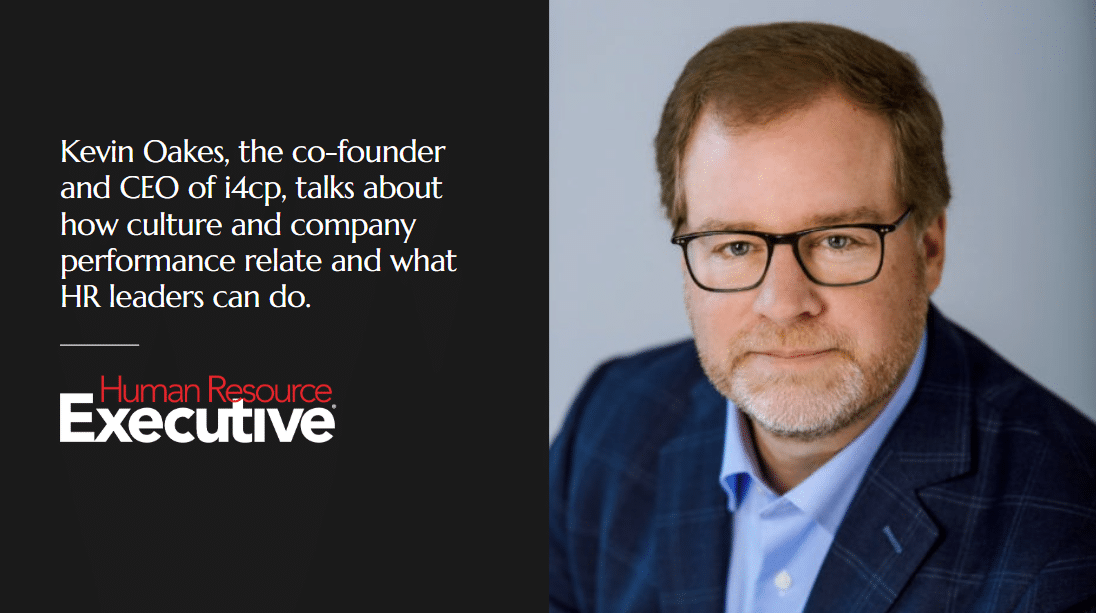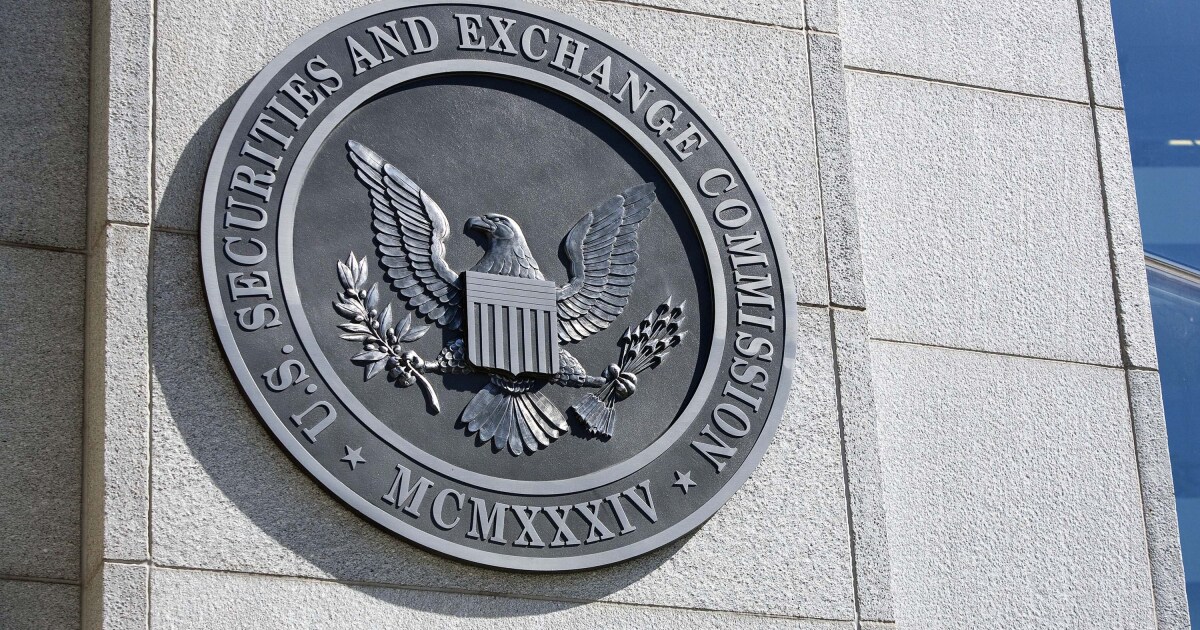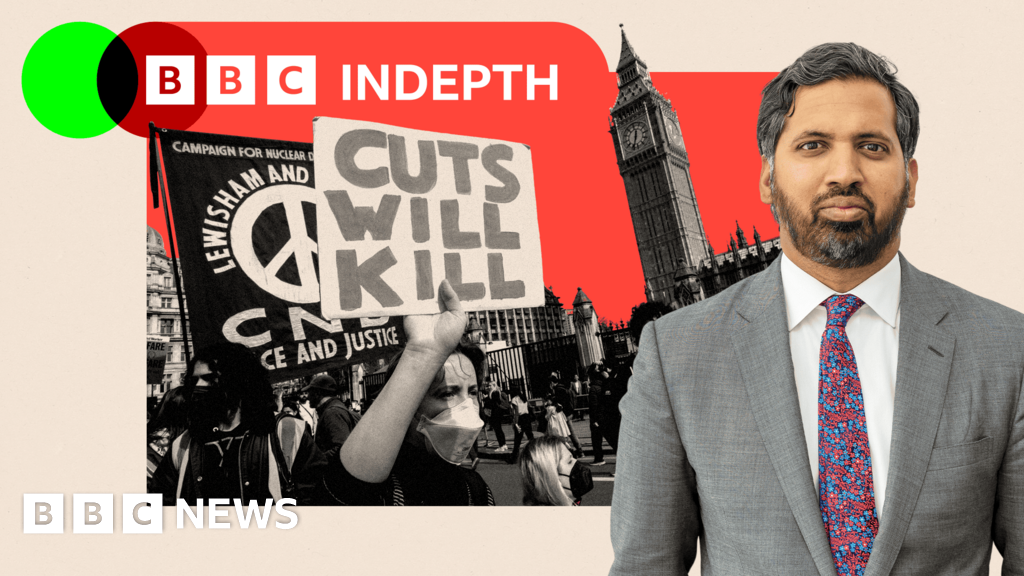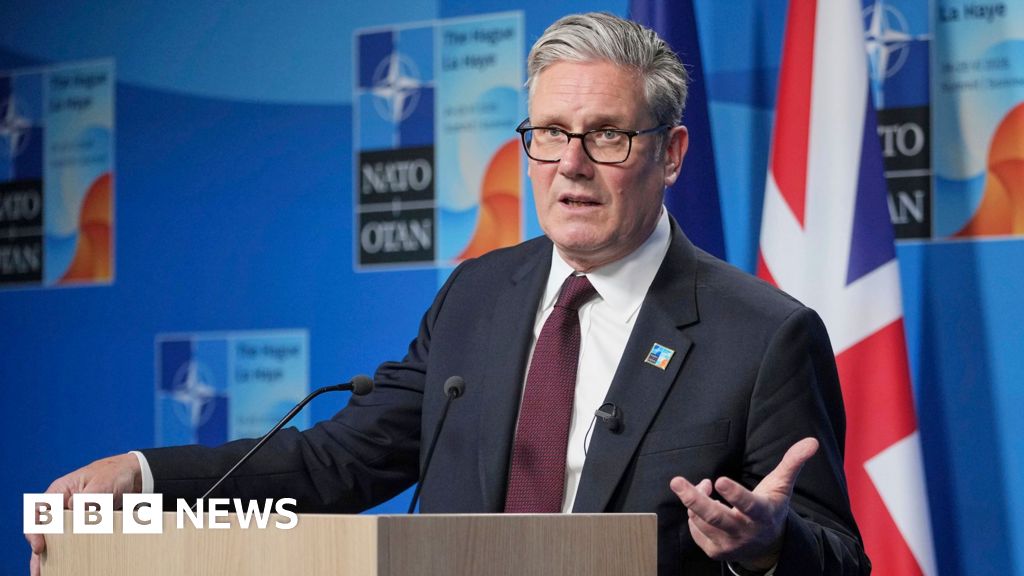Bombshells, black holes and pledges – this morning’s announcements are part of a fiscal phony war ahead of the release of party manifestos in a fortnight.
On tax and spend, at least for now, the main parties are more concerned with what they are not going to do rather than setting out actual plans.
They are pointing at the other side trying to box them in.
After an exchange of press statements late on Wednesday night, both parties are now committed not to change the main rate of VAT.
They had already said the same about the main rates of income tax and National Insurance.
This morning, after some clarification from Labour, they both accept that the ongoing freeze in tax thresholds will remain in place for the next three years and that is the equivalent of an £11bn tax rise.
So when they say they won’t raise taxes, what they actually mean is that they won’t raise rates of tax.
But millions of people will pay more tax as pay increases drag them into a higher tax band.
The country is left with two main parties that have the same promise not to change the main rates of the big three tax levers. They also have the same debt rule and are using the same forecast that the Office for Budget Responsibility gave in March as the basis for their plans.
They are also promising to raise the same amount of money from a tax avoidance crackdown, although Labour says it will fund HMRC more to deliver that.
The difference for now is that the Conservatives say they can deliver a further tight squeeze on public spending after the election, by delivering new AI-fuelled enhancements to productivity in public services.
They claim Labour cannot and therefore will not be able to lower the tax burden.
Meanwhile, Labour’s central claim is that the Conservative’s tax promises and general promise of economic stability are not credible, based on the experience of the past few years.
Credit: Source link

